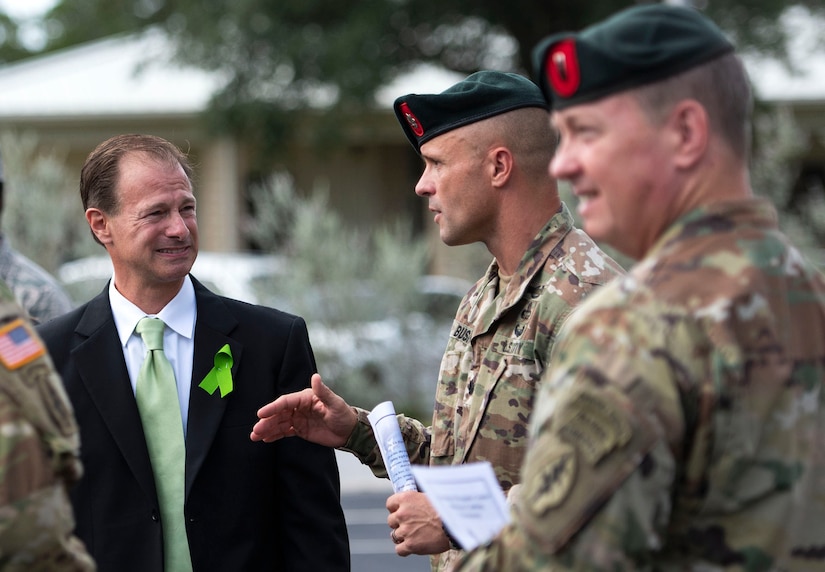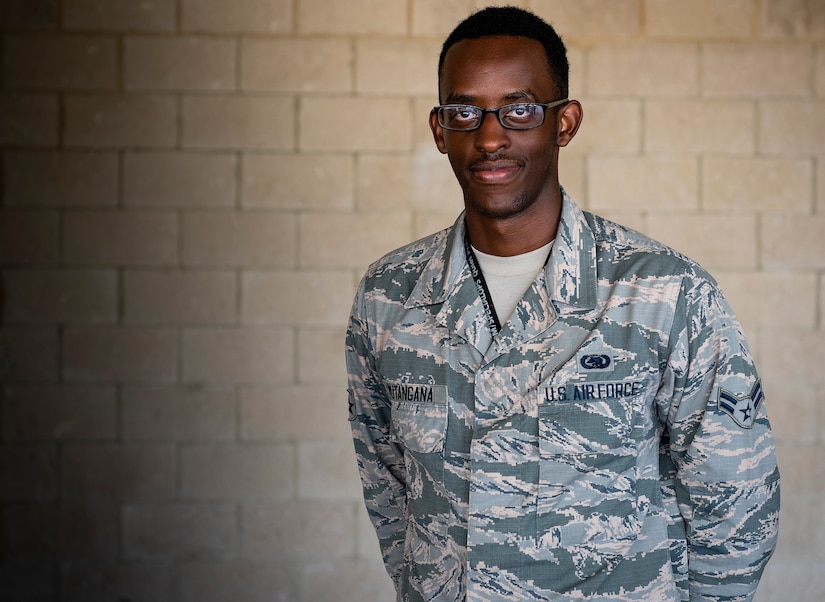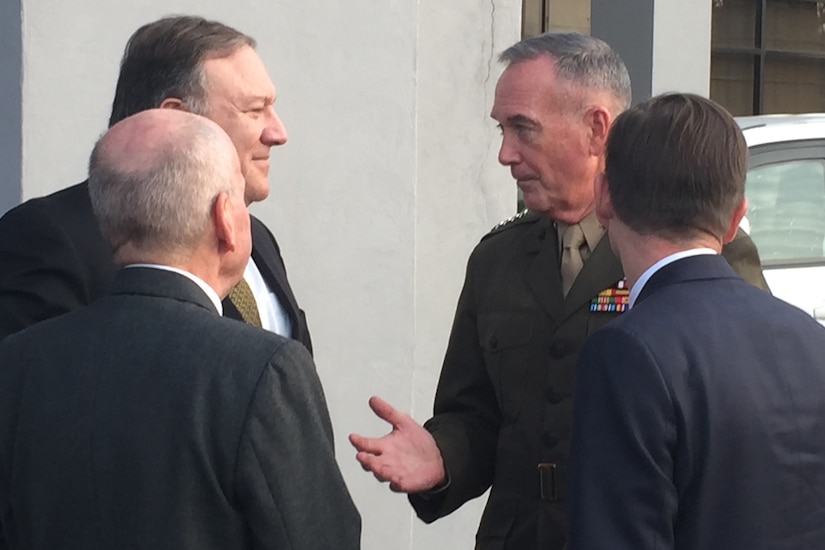By Ilka Cole, Eglin Air Force Base
EGLIN AIR FORCE BASE, Fla. -- The 96th Medical Group held a
ribbon-cutting ceremony to celebrate the opening of the Air Force’s first
Invisible Wounds Center here Aug. 30.
More than 120 people attended the event and toured the new
facility, including Air Force Surgeon General Lt. Gen. Dorothy A. Hogg, Air
Force Brig. Gen. Evan C. Dertien, the 96th Test Wing commander, and members of
the local community.
Hogg thanked everyone who helped to stand up the center and
reaffirmed the Air Force’s commitment to providing “trusted care” to service
members.
“Standing up this facility is just the first step of many in
our commitment to care for our warriors with invisible wounds,” she said. “We
owe these brave men and women the very best treatment possible. Today, we make
good on that commitment.”
The center will serve as a regional treatment center for
post-traumatic stress, traumatic brain injury, associated pain conditions and
psychological injuries.
“The center is ready to treat retirees, Guard, Reserve, and
active duty members from our sister services who carry the weight of invisible
wounds,” Hogg said. “Our goal is to eliminate barriers to care. We want to
treat our service members with dignity through every phase of their recovery.”
“The facility and the capabilities we are building here have
the impact and the potential to change people’s lives,” Dertien said. “This
sends the message that we can talk about invisible wounds. It’s OK to ask for
help. We’re here for you, we’re ready to serve you.”
Modeled After Intrepid Spirit Centers
The Invisible Wounds Center, modeled after the best
practices of the Intrepid Spirit Centers, will assemble a team of 18
specialties under one roof to provide treatment in an individually tailored,
holistic and integrated fashion, using a combination of conventional and
complementary therapies. Art and music therapy, yoga, acupuncture, physical and
occupational therapy and mental health services will also be included in
treatment.
The 96th Medical Group held a ribbon-cutting ceremony to
celebrate the opening of the Air Force’s first Invisible Wounds Center Aug. 30.
Lt. Gen. Dorothy A. Hogg, Air Force surgeon general, talks
with a veteran during a tour of the Air Force’s first Invisible Wounds Center
at Eglin Air Force Base, Fla., Aug. 30, 2018. The center will serve as a
regional treatment center for post-traumatic stress, traumatic brain injury,
associated pain conditions and psychological injuries. Air Force photo by Ilka
Cole
“Having all these services under one roof, complementing
each other, provides treatment and healing in ways that are only now being
recognized,” Hogg said. “The providers will also address physical, spiritual,
mental and social well-being to further ensure positive health outcomes."
Hogg shared positive accounts from wounded warriors she met
at Intrepid Spirit Centers on military installations around the country. She
attributed their success to the mind-and-body approach to treatment and
community involvement. She also noted patient, caregiver and family education
is key component in the healing process.
“We learned the best outcomes occur when a host of people
are involved in the healing process,” she said. “Complete healing and
reintegration requires healing the patient as well as the family.”
The ceremony concluded with an announcement for the military
community.
Intrepid Spirit Facility Planned
Hogg said the Defense Department recently accepted a proffer
from Arnold Fisher, honorary chairman of the Intrepid Fallen Heroes Fund, to
build an Intrepid Spirit Center here, making it the tenth of its kind and the
first on an Air Force base. Plans for the groundbreaking are underway, and
officials expect completion of the facility in 2020.
Fisher describes these facilities as “centers of hope,” and
adds that these center are not built by the government, but by donations from
the American people, Hogg said. He finds that thought reassuring, she added,
because Americans believe this is the right model to treat invisible wounds.
“Fisher is determined to continue his mission to build
Intrepid Spirit Centers,” Hogg said. “Today the Air Force is forever grateful
to him and all the donors who will make the Intrepid Spirit Center here a
reality.”










